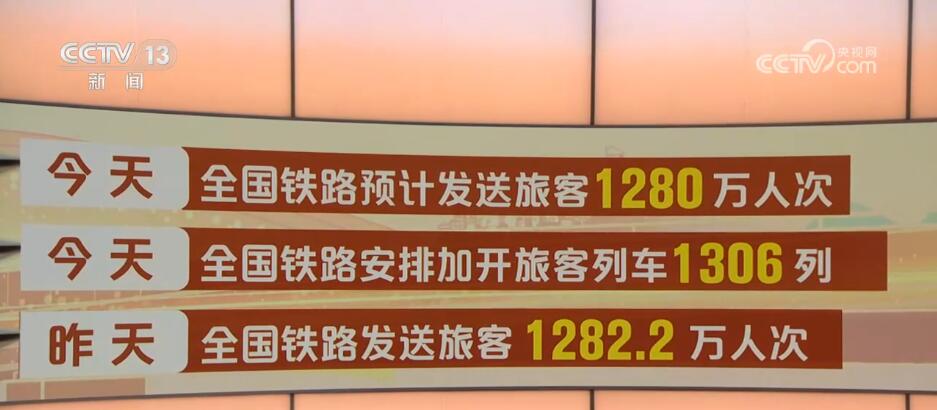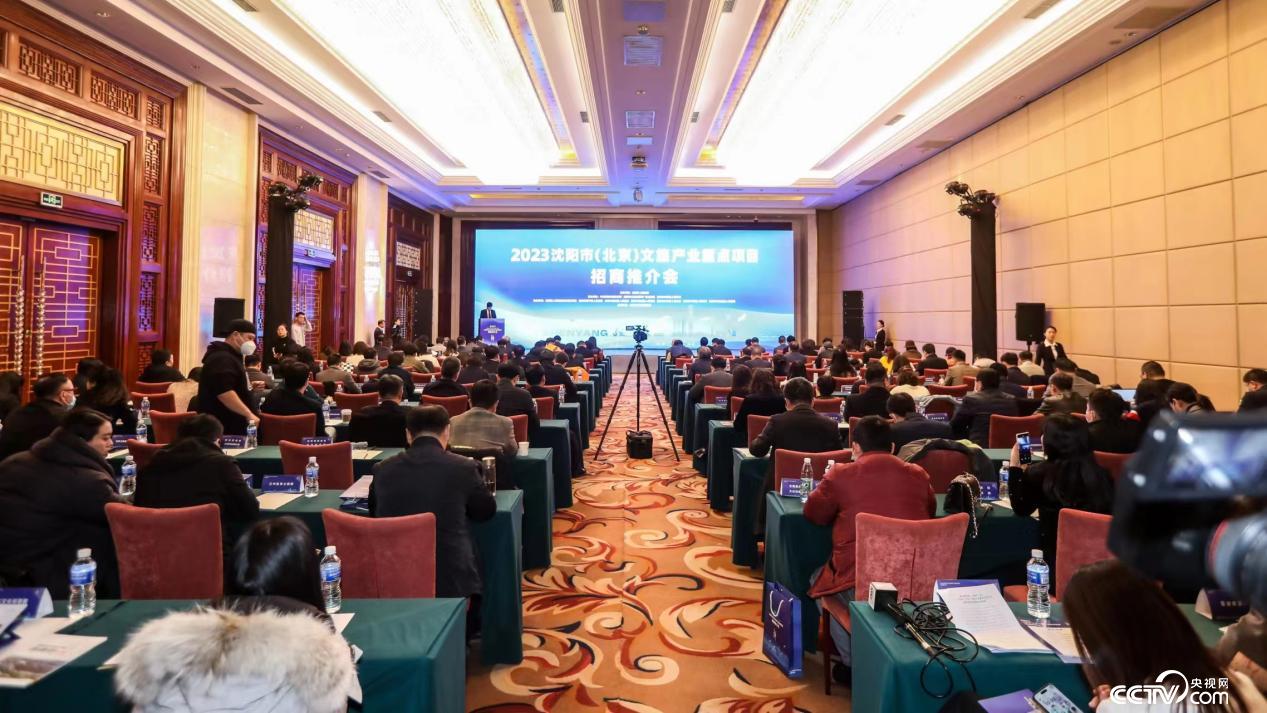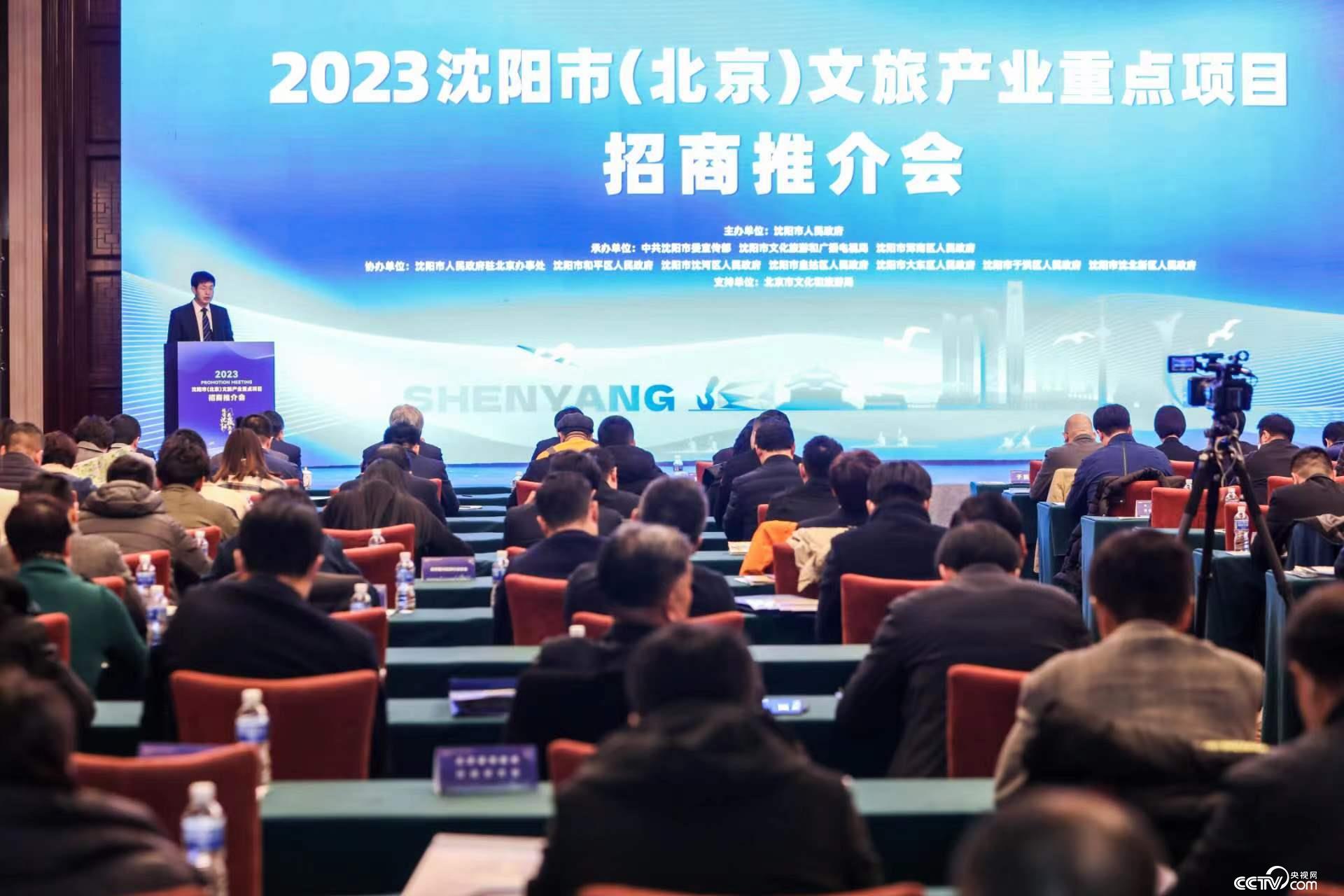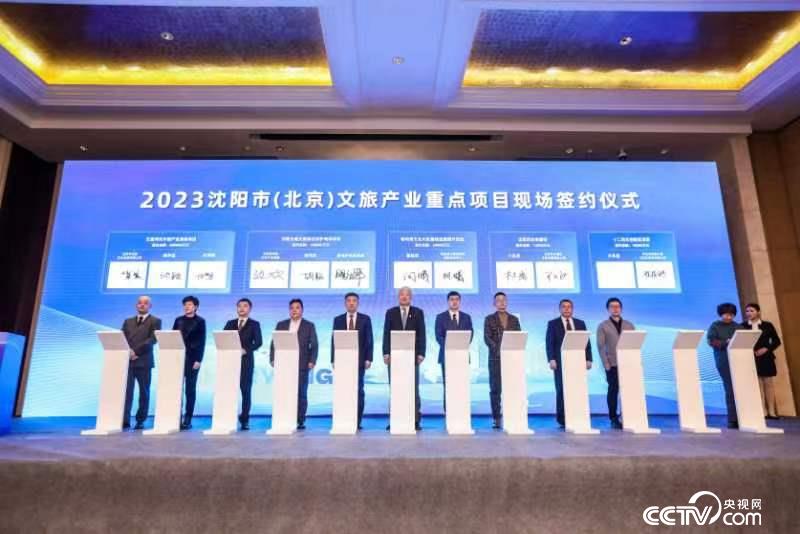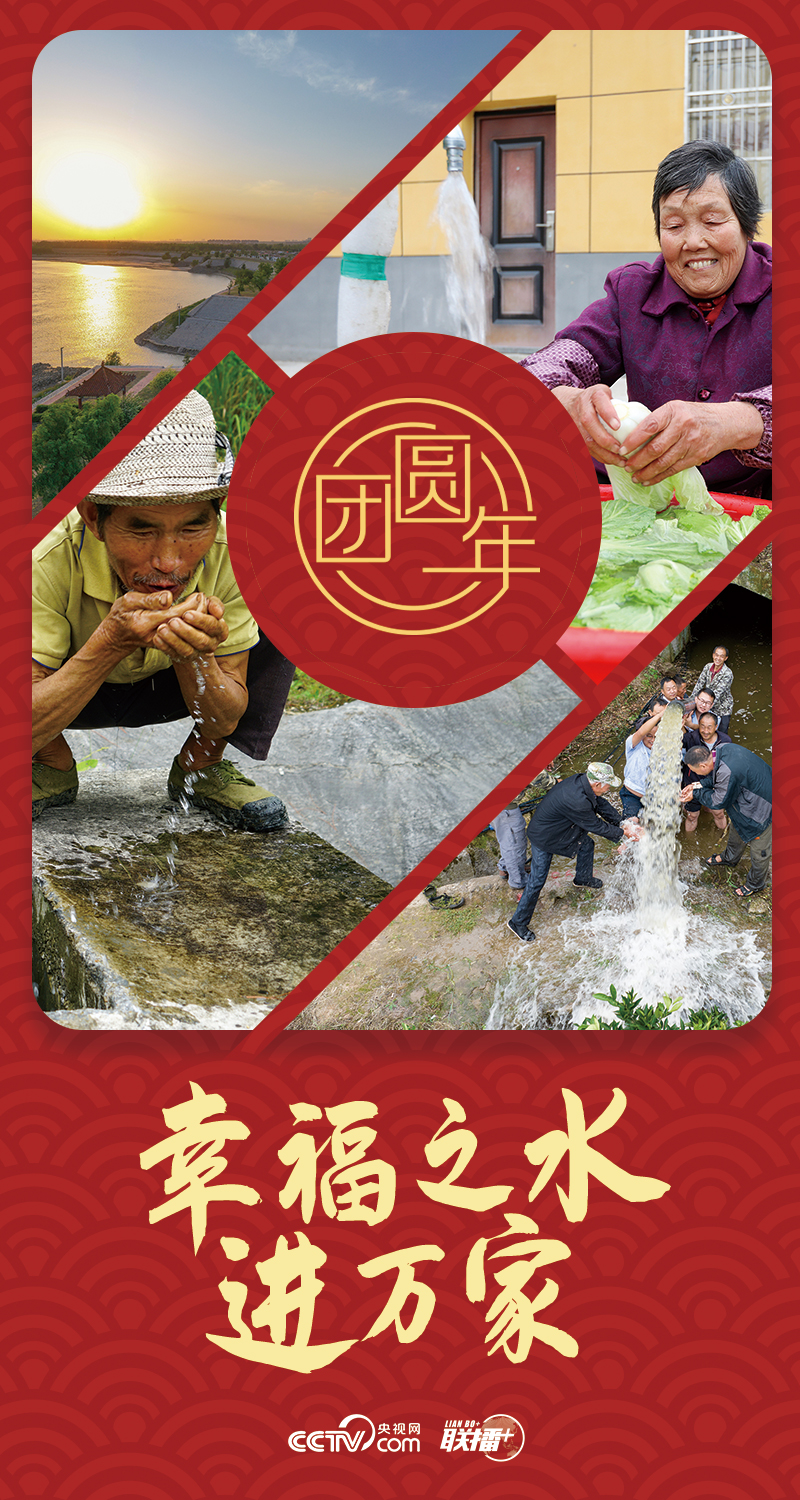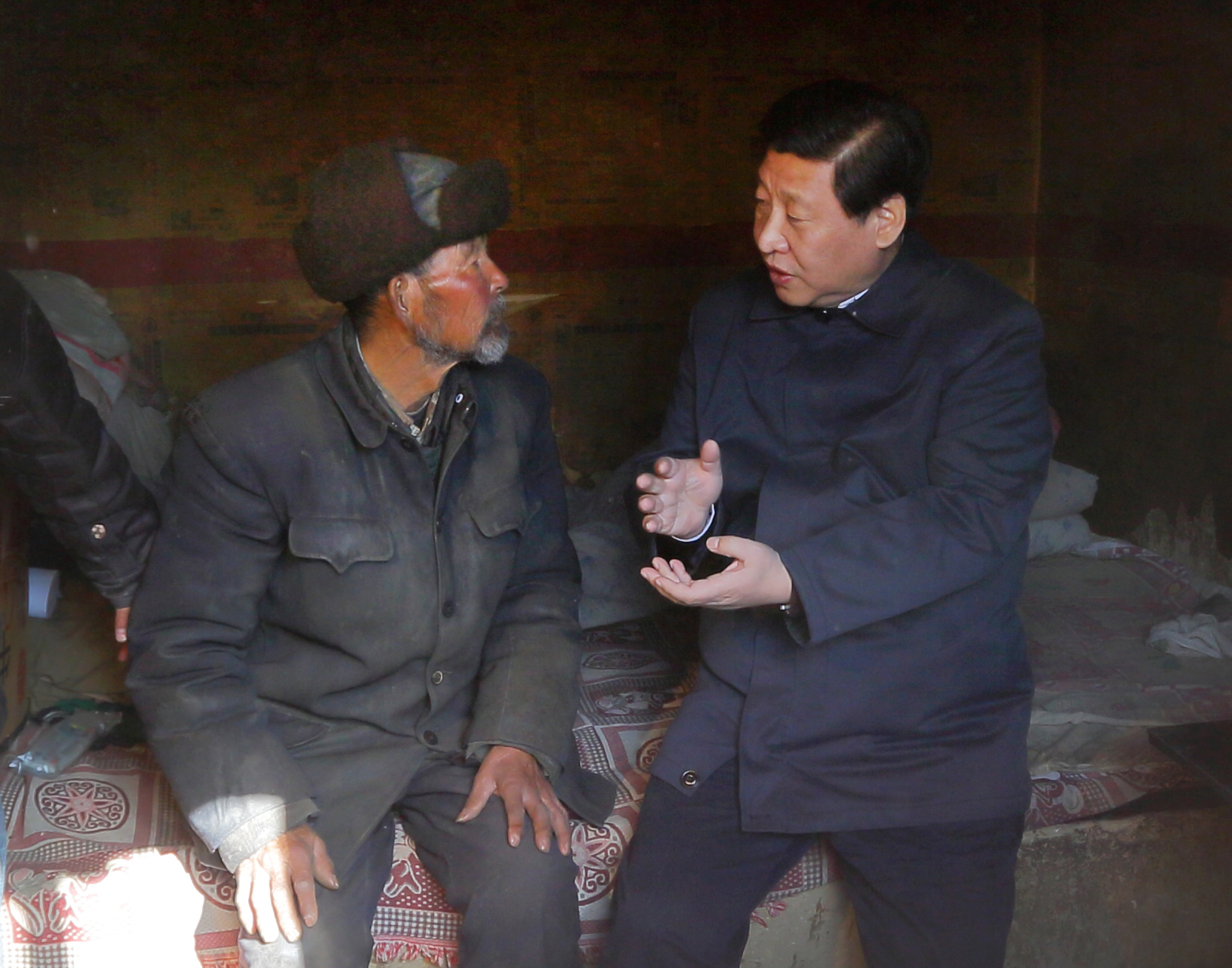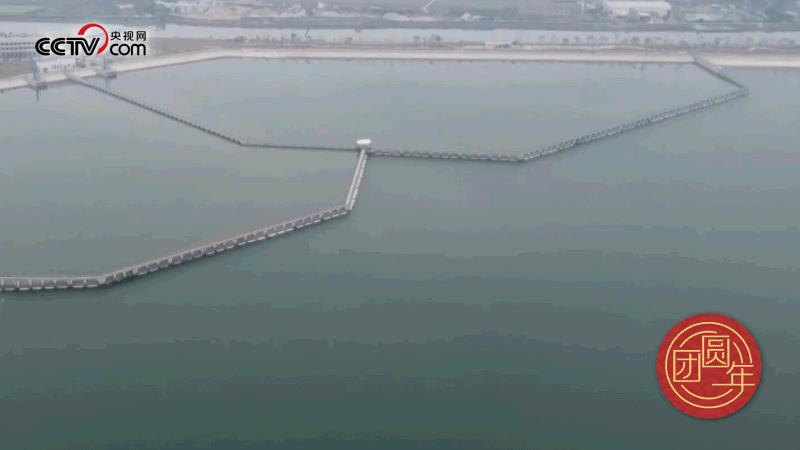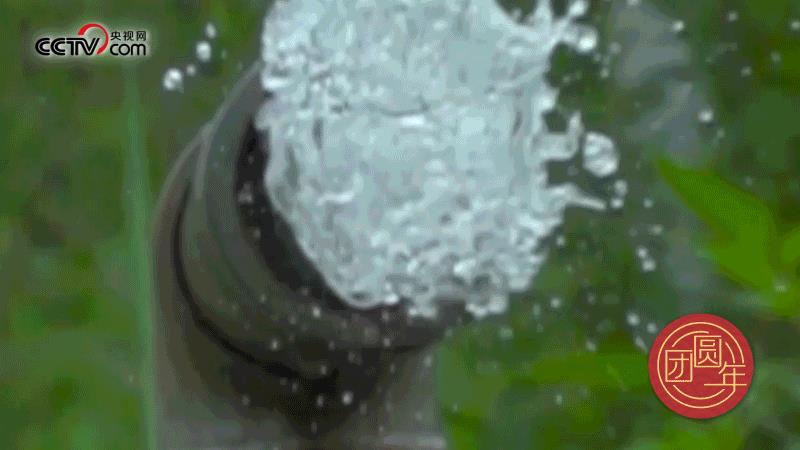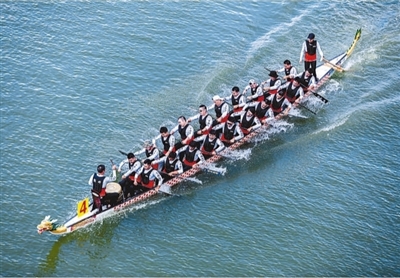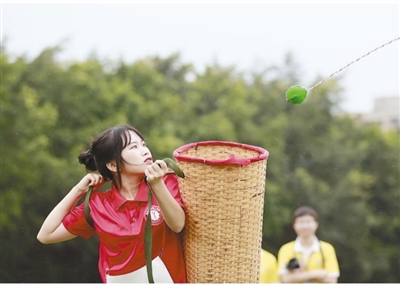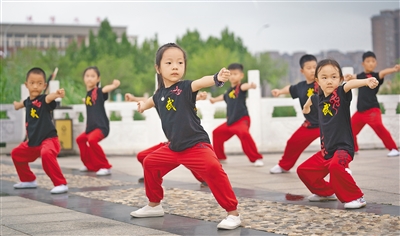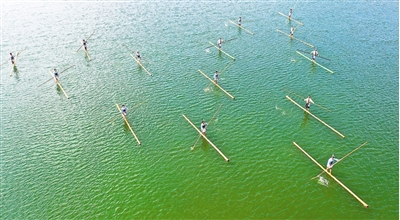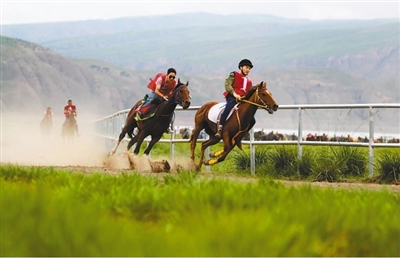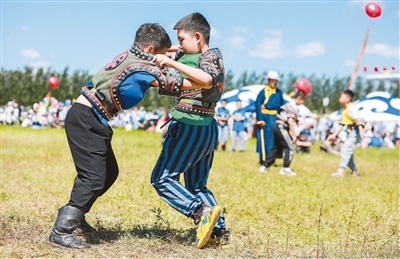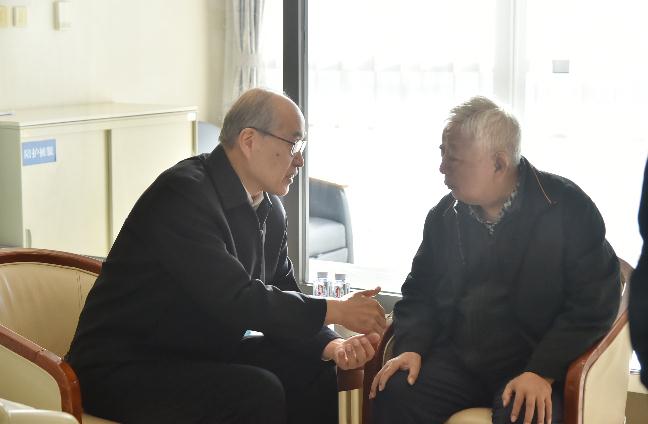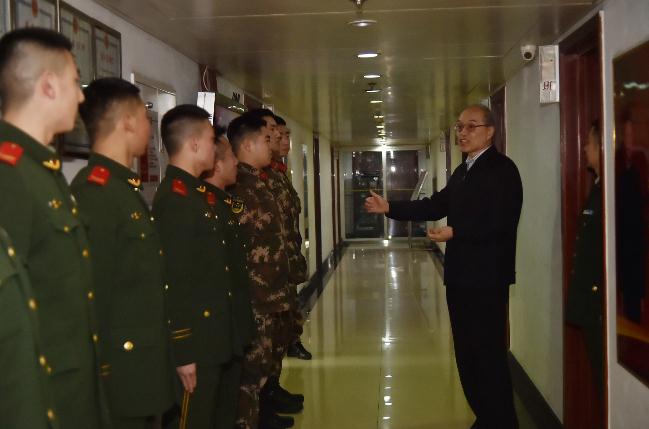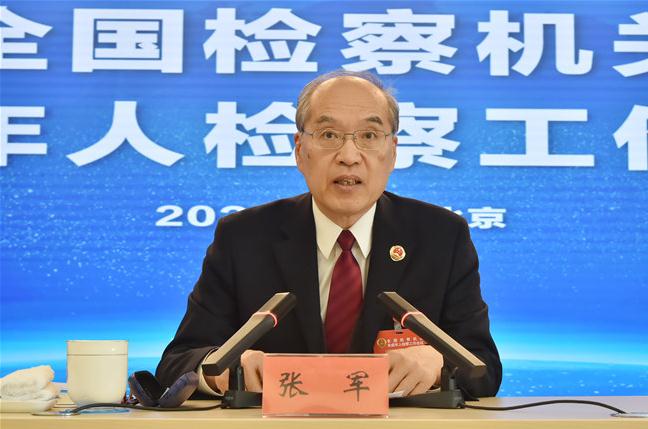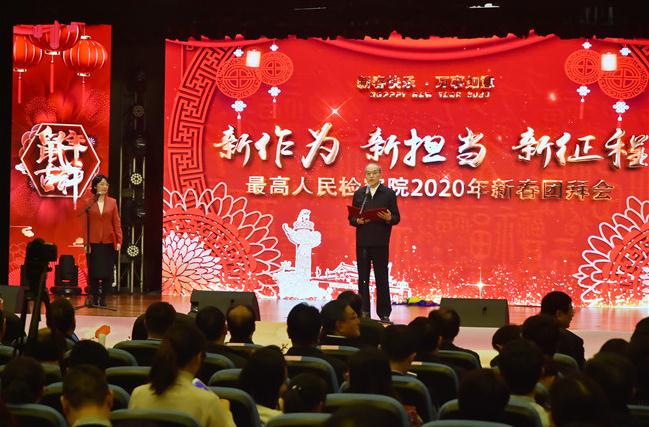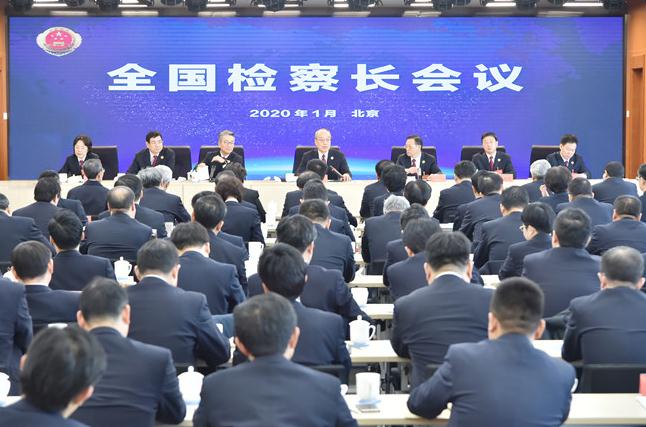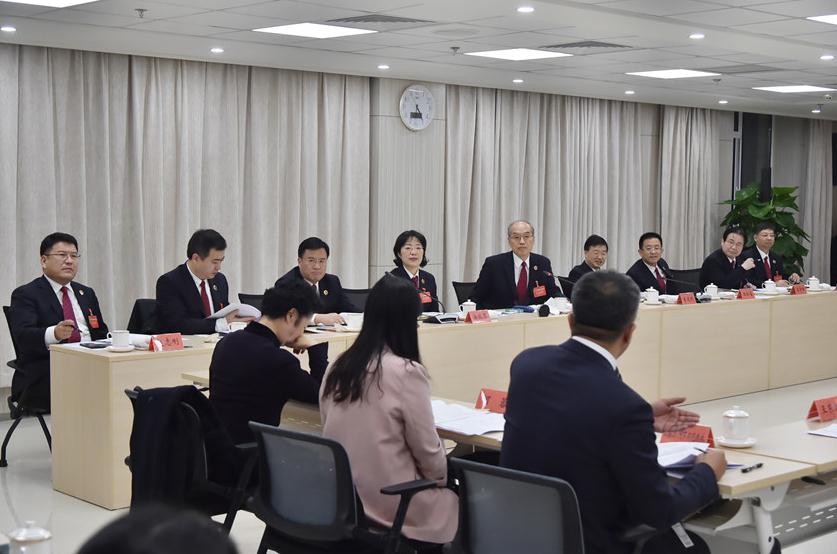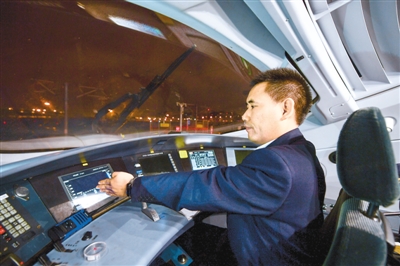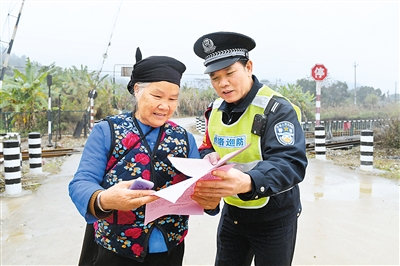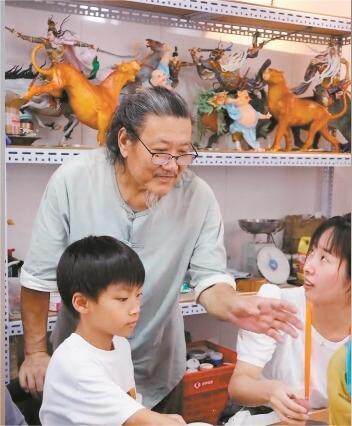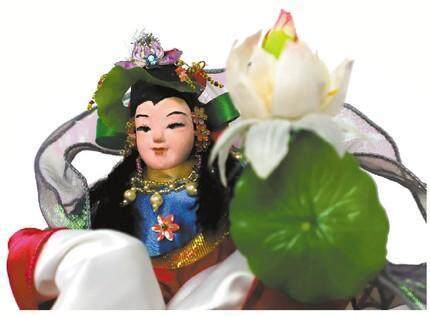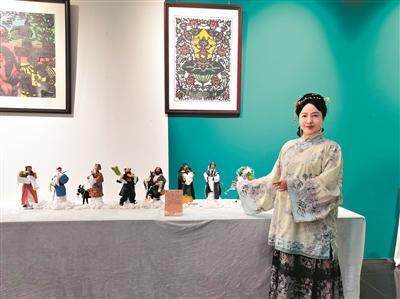BEIJING, Aug. 28 (Xinhua)-Du Wanhua, a full-time member of the Judicial Committee of the Supreme People’s Court, introduced the main contents of the judicial interpretation (IV) of the Company Law today. He said that the Interpretation strengthens the protection of shareholders’ legal right to know according to law. Articles 33 and 97 of the Company Law give shareholders the right to consult and copy the articles of association, resolutions and other documents and materials. This right is a fixed right granted to shareholders by the company law, belongs to the legal right to know, and is a basic right among shareholders’ rights, which should be strictly protected according to law.
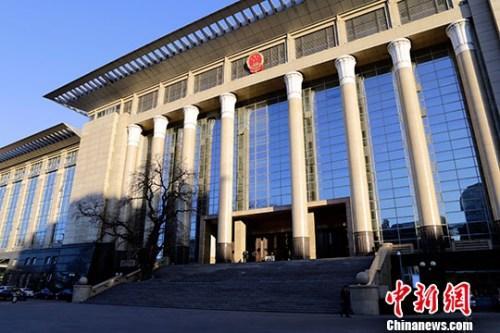
China News Service reporter Cice Li photo
On the morning of 28th, the Supreme People’s Court held a press conference, released the Provisions of the Supreme People’s Court on the Application of Certain Issues (IV) and answered questions from reporters.
Du Wanhua first introduced the main contents of judicial interpretation (IV) of the Company Law. He said that the Interpretation includes 27 provisions concerning the application of law in the trial of disputes in five aspects: the validity of resolutions, shareholders’ right to know, the right to distribute profits, the right of preemption and the litigation of shareholders’ representatives.
On the one hand, it is to improve the litigation system for defects in the validity of resolutions.It is the main way of corporate governance to hold shareholders’ meeting or shareholders’ meeting and board meeting and make resolutions on the company’s business matters. Therefore, the dispute about the validity of resolutions is also the main type of corporate governance disputes.
The Interpretation perfects the applicable rules of law in the lawsuit for defects in the validity of resolutions from the following three aspects:
The first is to determine the lawsuit that the resolution is not established. There is a general distinction between dichotomy and trichotomy in the classification of the defects of resolution validity. The former includes two kinds of defects of resolution validity: invalid resolution and revocable resolution, while the latter also stipulates that the resolution is invalid or nonexistent. Article 22 of China’s company law stipulates that the actions of confirming the invalid resolution and canceling the resolution are aimed at the established resolution and do not cover the situation that the resolution is not established. We believe that from the perspective of system interpretation, the invalid resolution is of course not legally binding and should be an implied provision of the company law.
Therefore, Article 5 of the Interpretation stipulates that the lawsuit of invalid resolution, together with the lawsuit of invalid resolution and the lawsuit of canceling resolution, constitutes the pattern of "three-way division". Some people think that holding a meeting and making a resolution is the formation process of the company’s will, not the expression of the company’s will, so it is not a civil legal act and there is no question of whether it is established. We believe that the General Principles of Civil Law clearly stipulates the resolution behavior of legal persons, including companies, in the system of civil legal acts, and this Interpretation should be strictly implemented.
The second is to clarify the scope of the plaintiff in the case of the validity of the resolution. In order to maintain the company’s stable operation and transaction safety, on the basis of the principle of litigation interest, the company laws of various countries have many restrictions on the plaintiff’s scope of litigation for confirming the validity of resolutions. Article 22 of China’s company law also makes appropriate restrictions on this. However, due to its principle, there are some disputes about its specific meaning in judicial practice. The Interpretation strictly implements the legislative purpose of Article 22 of the Company Law. In Article 1, it stipulates that the plaintiff of the lawsuit that the resolution is invalid or not established, including shareholders, directors and supervisors; In the second article, the plaintiff in the action of canceling the resolution shall be qualified as a shareholder at the time of prosecution.
The third is to clarify the legal effect of confirming that the resolution is invalid or canceling the resolution. Regarding the external effect of internal regulations or resolutions of a company, the General Principles of Civil Law has been clarified through Articles 61 and 85, and basically established the principle of distinguishing between internal and external regulations and protecting the legitimate interests of bona fide counterparts. Accordingly, Article 6 of the Interpretation clearly stipulates that if the resolution of the shareholders’ meeting or the shareholders’ meeting or the board of directors is invalidated or revoked by the people’s court, the civil legal relationship formed by the company with the bona fide counterpart based on the resolution will not be affected.
Second, strengthen the protection of shareholders’ legal right to know according to law.Articles 33 and 97 of the Company Law give shareholders the right to consult and copy the articles of association, resolutions and other documents and materials. This right is a fixed right granted to shareholders by the company law, belongs to the legal right to know, and is a basic right among shareholders’ rights, which should be strictly protected according to law.
In view of the controversial issues encountered in the application of these two provisions, the Interpretation has made the following provisions: First, combining the principle of litigation interests, through Article 7, the shareholders’ right to appeal in accordance with Articles 33 and 97 of the Company Law is clarified, and the limited right to appeal enjoyed by the original shareholders of a limited liability company is stipulated.
Second, combined with judicial practice experience, the possible improper purposes of shareholders’ consulting the company’s accounting books are enumerated, and the boundary of the company’s refusal right is clearly defined.
Third, it is clearly stipulated that the company shall not substantially deprive shareholders of their legal right to know by means of articles of association or agreements between shareholders. The people’s court will not support the company’s refusal to exercise its statutory right to know on this ground.
Fourth, in order to ensure the exercise of shareholders’ right to know, it is stipulated that shareholders should hire intermediary practitioners to assist in consulting.
Fifth, it is stipulated that shareholders can request directors and senior managers of the company who fail to perform their duties according to law to compensate for losses, so as to prevent the shareholders’ right to know from being fundamentally damaged.
The third aspect,Actively explore and improve the judicial relief for shareholders’ profit distribution rights.The right of profit distribution refers to the right of shareholders to request the distribution of the company’s profits according to the proportion of capital contribution or shares. Whether and how to distribute the company’s profits belongs to the category of business judgment and company autonomy in principle, and the people’s courts should generally not intervene. Therefore, Articles 14 and 15 of the Interpretation clearly stipulate that if a shareholder requests the company to distribute profits, it shall submit a resolution of the shareholders’ meeting or shareholders’ meeting with a specific distribution plan; If it is not submitted, the people’s court shall not support it in principle.
However, in recent years, the major shareholders of the company have violated the principle of the same share and the same right and the principle that shareholders’ rights should not be abused, crowding out and squeezing minority shareholders, resulting in the company not distributing profits and damaging the minority shareholders’ profit distribution rights from time to time, which has seriously undermined the company’s autonomy. For example, the company does not distribute profits, but the directors and senior managers are overpaid, or the controlling shareholder manipulates the company to buy property or services unrelated to business for its own use or consumption, or conceals or transfers profits, and so on.
To this end, the proviso of Article 15 of the Interpretation stipulates that if the company’s shareholders abuse their rights, resulting in the company’s failure to distribute profits and causing losses to other shareholders, the judiciary can appropriately intervene to correct the failure of company autonomy.
Fourth, standardize the exercise of shareholders’ preemptive right and damage relief.Limited liability companies have strong human nature, and shareholders invest together based on mutual trust. For this reason, the company law stipulates that when shareholders transfer their shares to people other than shareholders of the company, other shareholders have the priority to purchase the transferred shares under the same conditions. This is the main legal basis for shareholders to safeguard their human interests. However, there are no specific provisions in the company law on the exercise notice, exercise mode, exercise period and damage relief of shareholders’ preemptive right.
To this end, the first explanation is to refine the procedural rules for exercising shareholders’ preemptive right. For example, it is stipulated that the transferring shareholder shall notify other shareholders of the same conditions for the transfer of equity in writing or in other reasonable ways that can confirm receipt; The time limit for exercising the shareholders’ preemptive right shall be determined in the order of the time limit stipulated in the Articles of Association, the notice period for transferring shareholders and the minimum time limit of 30 days. The main factors that should be considered in judging "equal conditions" include the quantity, price, payment method and term of the transferred equity, and so on.
In the second aspect, the exercise boundary and damage relief system of shareholders’ preemptive right are defined. The legislative purpose of the system of shareholders’ preemptive right is to safeguard the human interests of the company’s shareholders, rather than to protect other shareholders from obtaining the transferred shares. Accordingly, Article 20 of the Interpretation stipulates that if the transferring shareholders of a limited liability company do not agree to the transfer after other shareholders claim the preemptive right, the people’s court will not support the claim of the preemptive right of other shareholders, that is, other shareholders do not have the right to enter into compulsory contracts. At the same time, in order to prevent the transferring shareholders from making malicious use of this rule and damaging the shareholders’ preemptive right, Article 21 of the Interpretation clearly stipulates that if the transferring shareholders fail to seek the opinions of other shareholders on the transfer of equity, or damage the preemptive right of other shareholders by means of fraud or malicious collusion, the other shareholders have the right to demand the preemptive right of the equity under the same conditions as the actual transfer. However, in order to maintain the trading order and the stable operation of the company, the Interpretation appropriately limits the time limit for shareholders to exercise relevant rights after their preemptive rights are violated.
Thirdly, the practical dispute about the effectiveness of the equity transfer contract that damages the shareholders’ preemptive right has been solved. In our opinion, there is no special regulation on the validity of this kind of contract in the company law. We should not invalidate or cancel the contract just because it damages the shareholders’ preemptive right, but should strictly follow the provisions of the contract law. It is precisely because this kind of contract is valid in principle, so if the people’s court supports other shareholders to exercise the preemptive right, the transferee other than the shareholder may request the transferring shareholder to bear the corresponding contractual responsibilities according to law.
Fifth, improve the shareholder representative litigation mechanism.First, it is clear that Article 151 of the Company Law involves two different types of litigation. In judicial practice, there are different understandings about the types of litigation stipulated in the first paragraph of Article 151 of the Company Law and the litigation status of the company. We believe that the company’s board of directors or executive directors, board of supervisors or supervisors are the company’s organs, and the lawsuits filed on behalf of the company when they perform their statutory duties should be direct lawsuits of the company, and the company should be listed as the plaintiff. Article 23 of the Interpretation makes this clear.
The second is to improve the litigation mechanism of shareholders’ representatives. The second and third paragraphs of Article 151 of the Company Law stipulate shareholder representative litigation, but there are no specific operating rules for the status of the parties, the ownership of the winning interests and the burden of litigation costs in shareholder representative litigation. Articles 24, 25 and 26 of the Interpretation respectively stipulate these three aspects.
